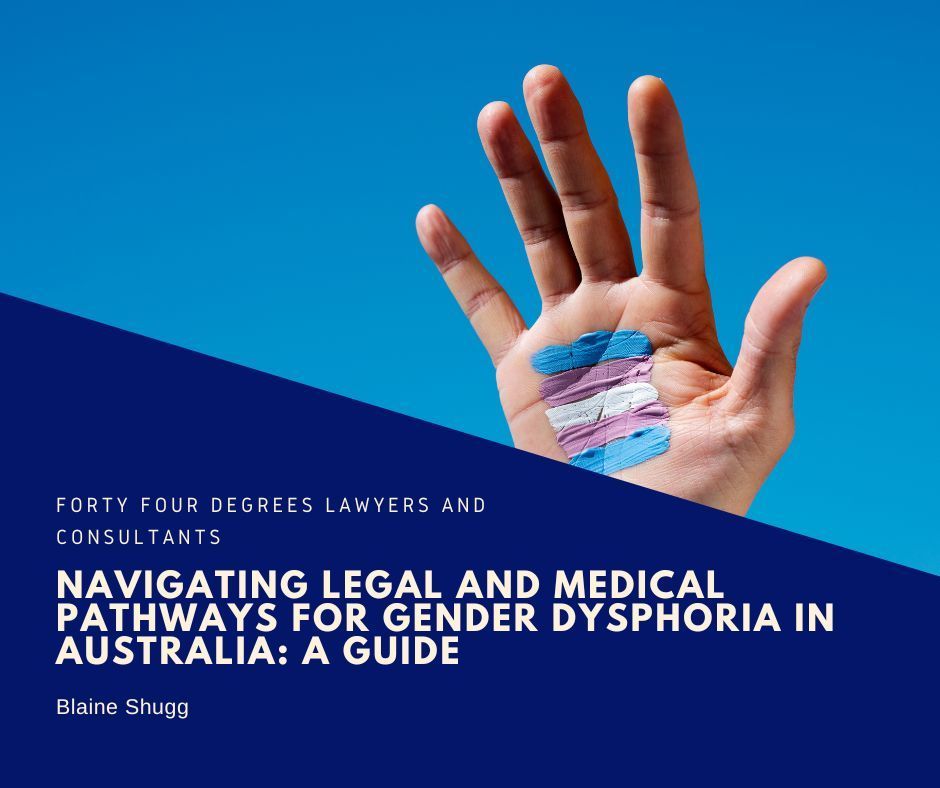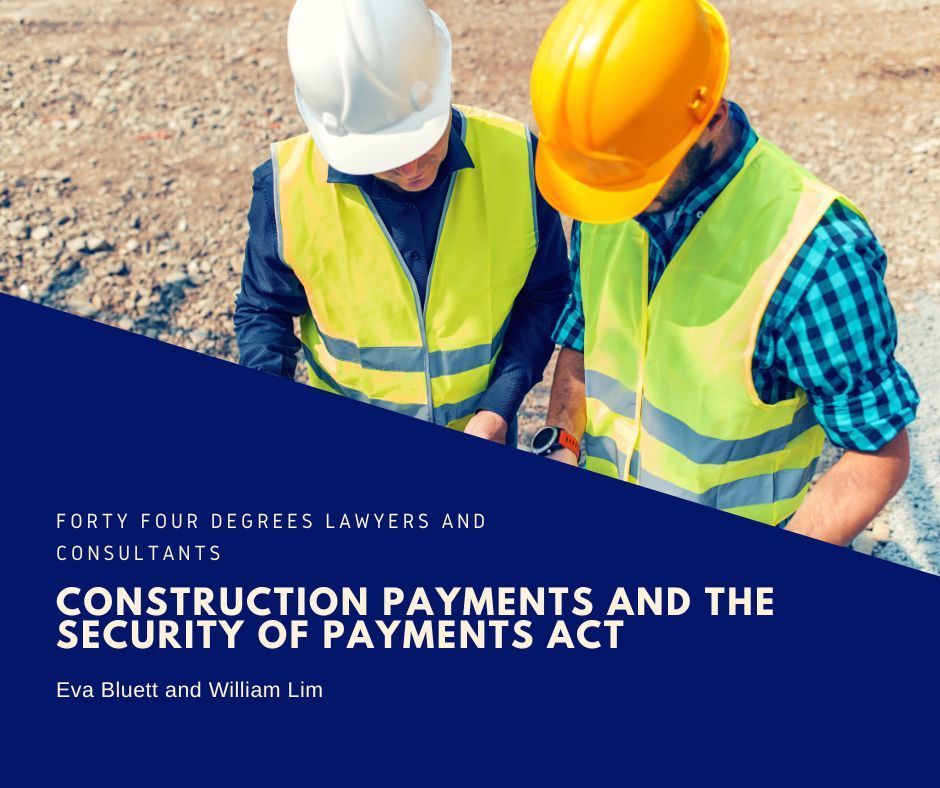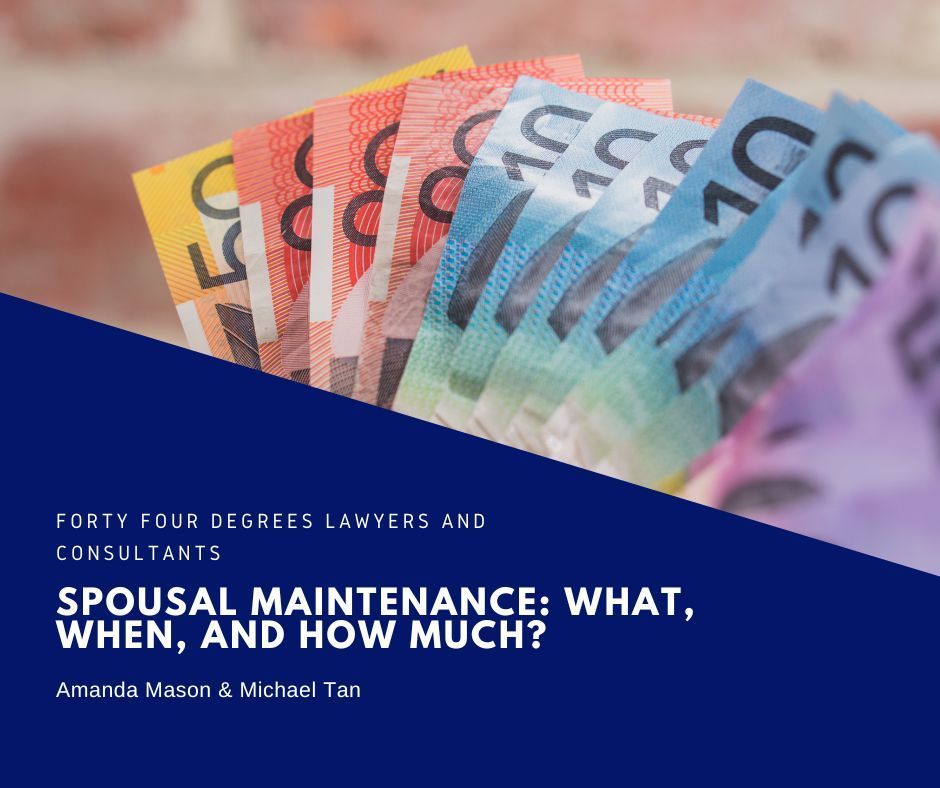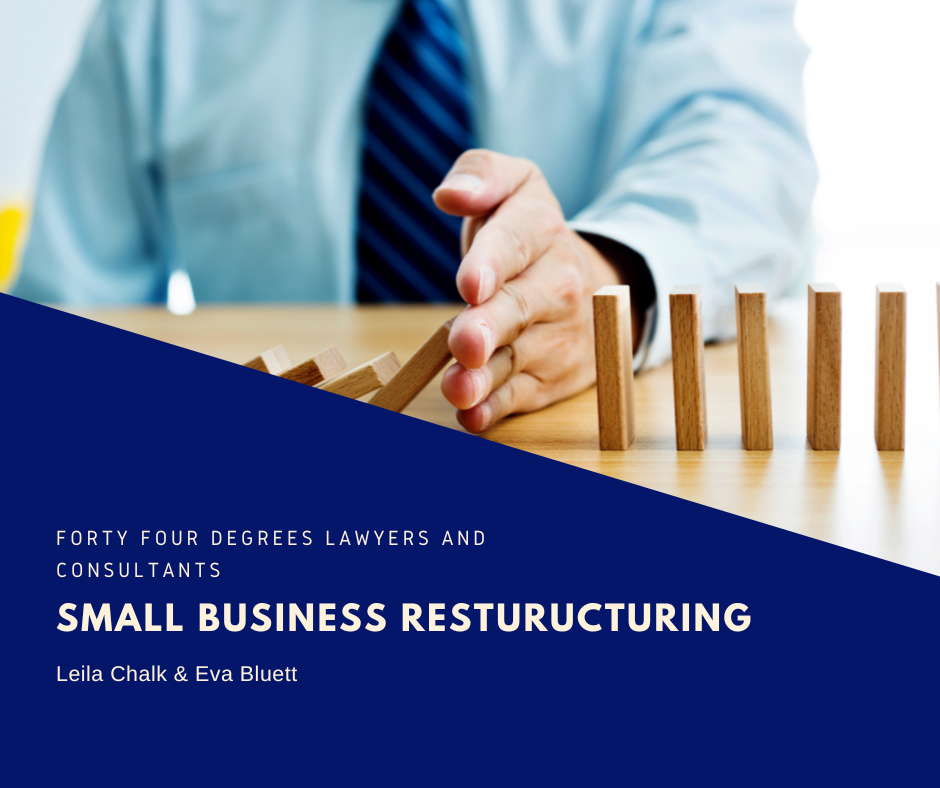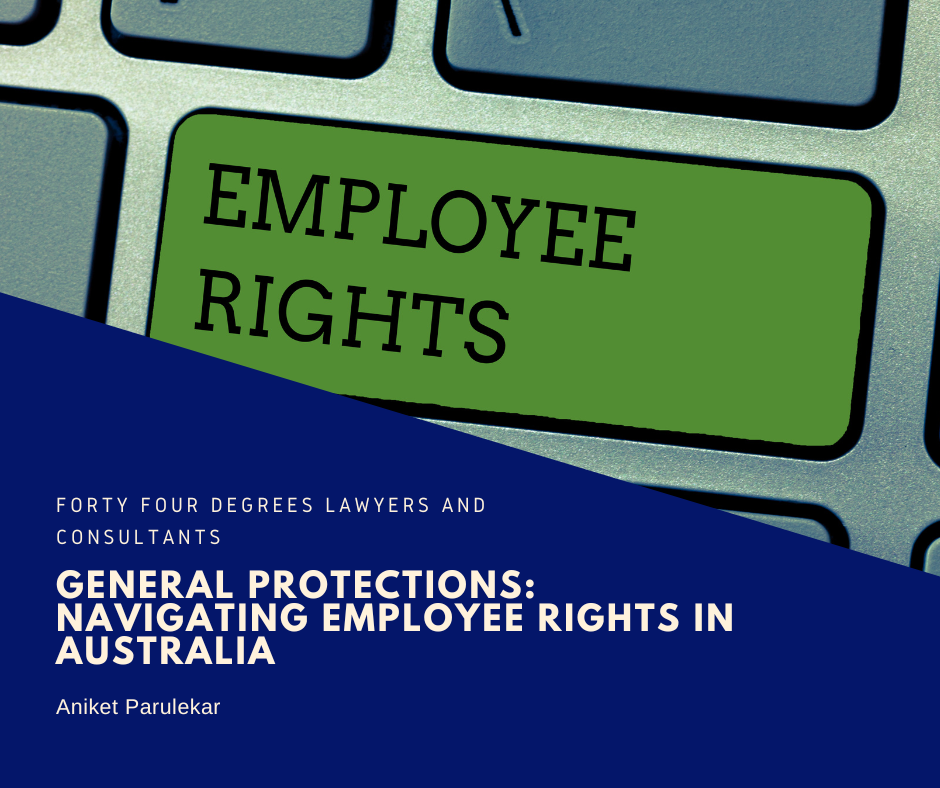The Gig Economy & Employment Law: An Update
From influencers, delivery drivers, and people with a side-hustle: the shape of employment law is changing

Recent data from the Australian Bureau of Statistics show an estimated 867,000 Australians worked in multiple jobs in the December quarter of 2021, the highest number since record-keeping began in 1994. The gig economy plays a significant role in the increase of people taking on 'side-hustles' to make ends meet. This can range from influencers and delivery drivers, to others who simply have a second job or running a personal business to supplement (and diversify) their income.
As explained in our previous article, "Employee or Contractor? The importance of contracts in the Australian workforce", the High Court of Australia changed the approach to determining if a worker is an employee or an independent contractor in two cases – CFMMEU v Personnel Contracting Pty Ltd [2022] HCA 1 and ZG Operations v Jamsek [2022] HCA 2. The new approach emphasises the importance of the contract in making these decisions compared to previous case law.
The Full Bench of the Fair Work Commission in Deliveroo Australia Pty Ltd v Diego Franco [2022] FWCFB 156 is an example of how decisions are being made pursuant to the new case law.
Background
Diego Franco commenced working as a delivery rider for Deliveroo on 22 April 2017. He also worked simultaneously for Uber Eats and Door Dash. Mr Franco and Deliveroo executed several “supplier agreements” during his time. In April 2020, Deliveroo identified Mr Franco as a rider with delayed delivery times and deemed this unacceptable. On 23 April 2020, Deliveroo emailed Mr Franco advising that, because he failed to deliver orders within a reasonable time, he was in breach of his “supplier agreement” and would be terminated.
Mr Franco made an unfair dismissal application to the Fair Work Commission. On 18 May 2021, Commissioner Cambridge found that:
- Mr Franco was an employee of Deliveroo, and therefore was a person protected from unfair dismissal.
- Mr Franco had been unfairly dismissed, finding that the dismissal was harsh, unjust and unreasonable.
- Mr Franco should be reinstated in his employment and his lost pay restored.
This decision was consistent with the previous principles when determining whether someone is an employee or a contractor - but then the High Court issued their decisions in CFMMEU and ZG Operations.
Deliveroo appealed to the Full Bench, and its decision was made in the shadow of these new High Court decisions.
Decision
The Full Bench decided that Mr Franco was an independent contractor, and not an employee. This conclusion was supported the “supplier agreements” terms that decisively showed:
- Deliveroo lacked control over the manner of performance of any work which Mr Franco agrees to do, he could choose any route which he determines to be safe and efficient and any vehicle that is safe, reliable and legal to use;
- Mr Franco was required to provide his own vehicle at his own expense;
- Mr Franco’s personal service was not required, and he could arrange without Deliveroo’s approval for someone else to complete his deliveries;
- Mr Franco was required to pay an “administrative fee” of 4% to access Deliveroo’s software, and for Deliveroo to provide invoices and other administrative services.
The Full Bench having found that Mr Franco was not an employee, he was therefore not protected from unfair dismissal.
The Full Bench stated that the initial decision of Commissioner Cambridge was correct. However, the High Court’s decision in Personnel Contracting had led the Full Bench to reverse the initial decision.
Notably, the Full Bench stated that had Personnel Contracting not been decided, the reality of the relationship would have tipped the balance in favour of the conclusion that Mr Franco was in fact an employee:
- The “supplier agreement” provided Deliveroo a significant degree of operational control over Mr Franco’s performance of the work, by incentivising riders not to cancel engagements;
- Mr Franco presented himself to the world with Deliveroo’s encouragement as part of its business, by using Deliveroo-branded equipment and uniform;
- Mr Franco’s provision of his own motorcycles involved no substantial capital outlay;
- The relationship was one of personal service.
The effect of Personnel Contracting was that the Full Bench had to “close [its] eyes to these matters.”
What does this mean?
This case confirms what many employment lawyers predicted - that the courts are now viewing arrangements that would previously have the protection of employment law as being "independent contractors", on the basis of well-drafted contracts.
If your business uses contractors to provide personal services or labour, this means it is more crucial for your business to have your contracts updated to reflect the current legal principles.
Forty Four Degrees provides reviews of businesses to help determine which workers are employees and which are independent contractors, and drafting services to get your contracts up to date with the most recent laws. For more on how we can help, please contact Nicola Drakeford, Partner on [email protected]
Contact Us
We’re an Australian Law Firm promoting a nuanced, personal touch. We have the skills you need to resolve your case quickly and with a positive outcome. Our straight talking team stays close to simplify what is most often a complicated process. We help individuals and businesses with technology and startup law, property law including conveyancing and leasing, commercial law, civil litigation, wills, estates, bankruptcy, insolvency, criminal law, and professionals facing investigations and charges from their regulatory body.
We have a connected network of talented lawyers in Melbourne CBD, Dandenong, Ballarat, and Ivanhoe East.
Fill out the form or call us on 1300 892 237.
We will get back to you as soon as possible
Oops, there was an error sending your message.
Please try again later or call us on 1300 892 237.

